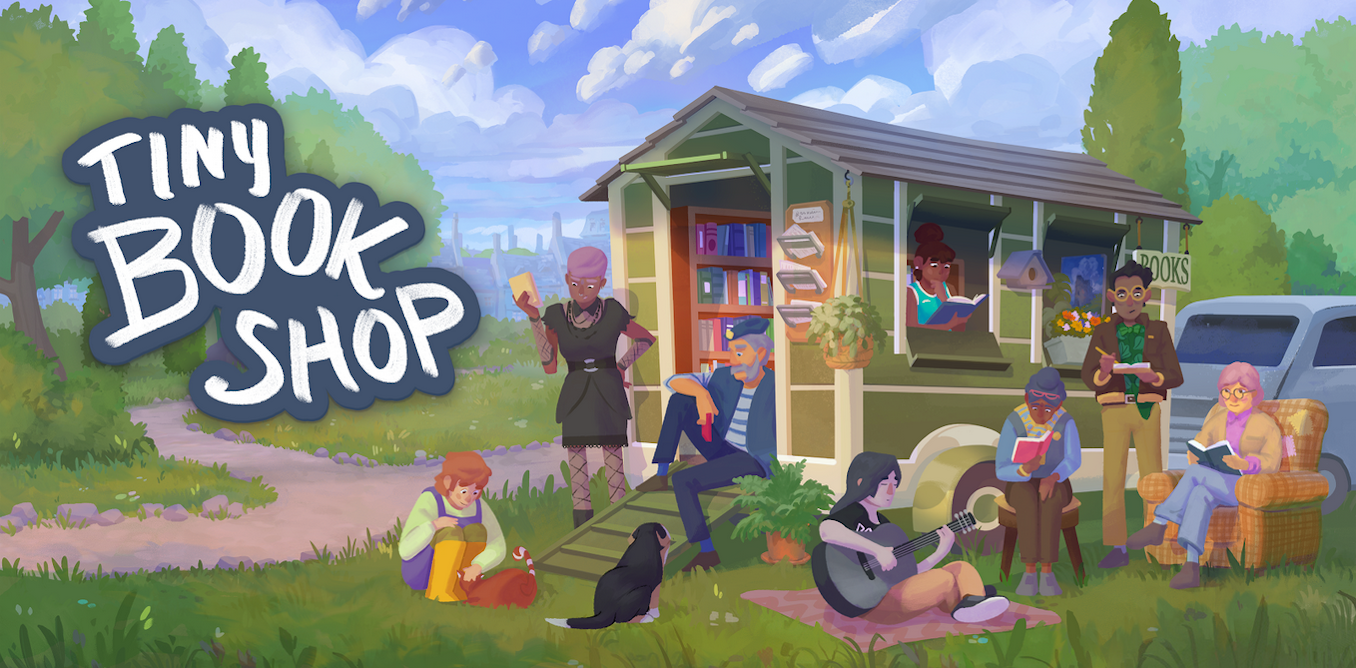
"From Zoo Tycoon to SimCity and now Tiny Bookshop, computer games have made work feel like play. But the recent explosion of "cosy work simulators" reveals something profound about modern labour and why we're seeking meaning in the most unexpected places. Critics and fans have loved Tiny Bookshop, where players spend hours organising shelves, recommending novels and chatting with customers."
"This isn't just escapism. It's something philosophers have been trying to explain for decades. Research has shown that video games are as powerful as morphine. Other researchers have commented that gamification of work is pacifying workers who should be demanding better conditions. There's truth here. It's easier to download Tiny Bookshop than to quit your corporate job and start a real shop."
"The romanticisation of small businesses also ignores that bookshop owners often earn little and have no benefits. You can quit playing a game and return to it when you feel like it. That's not so easy with real jobs. But dismissing these games as mere escapism misses something crucial. As political theorist Kathi Weeks argues, they function as "laboratories for post-work imagination". Players aren't escaping bad work. They are rehearsing better work."
Tiny Bookshop invites players to open a seaside bookshop in a cosy, calming management game that exemplifies a wider trend of cosy work simulators. From Zoo Tycoon and SimCity to Euro Truck Simulator 2 and Stardew Valley, millions of players perform labour-like tasks that feel playful. Research shows games can deliver powerful affective experiences, while critics warn that gamifying work can pacify demands for better conditions. Romanticising small businesses overlooks low pay and lack of benefits, and games allow easy return unlike real jobs. These simulators act as laboratories for imagining post-work labour focused on human needs rather than capital accumulation.
Read at The Conversation
Unable to calculate read time
Collection
[
|
...
]